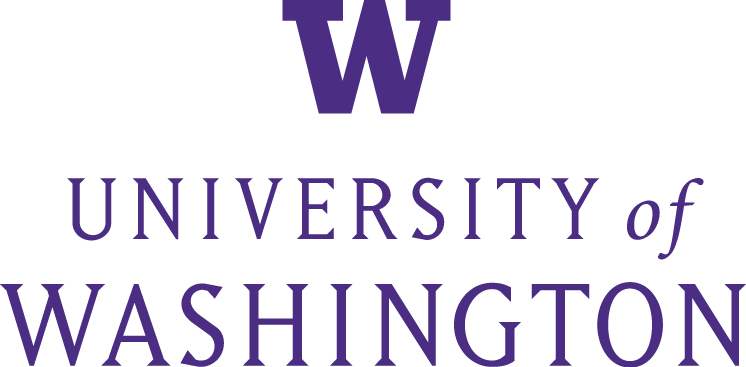University of Washington: UW breaks ground on $102 million Interdisciplinary Engineering Building
Wearing purple hard hats and using gold-plated shovels, officials from the University of Washington broke ground Thursday on a new, $102 million Interdisciplinary Engineering Building to be constructed along Stevens Way east of the Husky Union Building. Once complete, the state-of-the-art 70,000-square-foot building will be an example of a student-focused learning facility backed by both public and private investments. The project aims to fuel economic growth and create a pipeline of future, local engineering talent.
The IEB will provide much-needed space for project-based collaborative learning as well as a student-focused “home” for engineering undergraduates. The College of Engineering’s new building will provide a welcoming and inclusive space to introduce students to more engineering pathways and facilitate tomorrow’s discoveries.
“Our great public university is dedicated to creating access to excellence for the students of our state,” said UW President Ana Mari Cauce. “With this new facility, we will be able to open doors of opportunity for even more talented, driven future engineers. These future innovators, creators and entrepreneurs will get the kind of student-centered, hands-on training that will empower them to take on the biggest challenges facing our communities.”
College of Engineering Dean Nancy Allbritton thanked the community partners, companies and individuals who already have pledged their support:
The state of Washington, which has contributed $50 million.
Boeing, which gave $10 million to name the IEB’s second level, which will feature the AI Engineering Institute.
Amazon, which announced a $5 million gift on Thursday for the Student Support Suite.
T-Mobile, which announced a $5 million gift on Thursday to name the Engineering Academic Center focused on student support.
UW alumni, individuals and other organizations who have contributed more than $18 million.
Construction of the IEB is scheduled to be completed by mid-2024.

